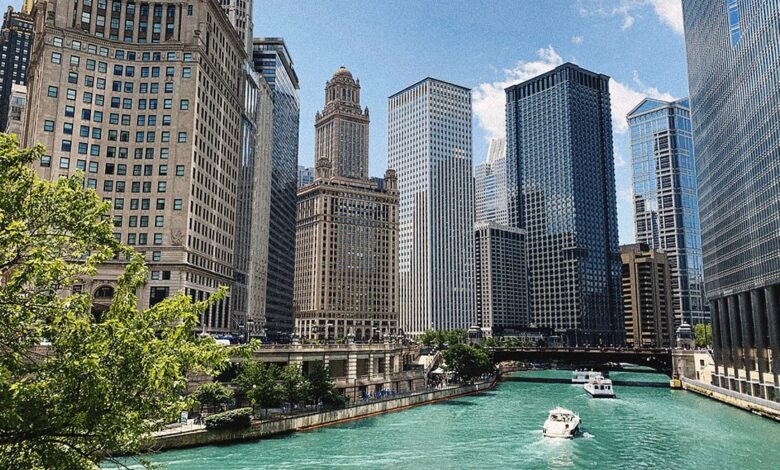Trump has delayed the imposition of higher tariffs until August 1, pressing countries to finalize trade deals or begin active negotiations by then .
Around 10–12 nations will receive official “warning letters” outlining customized tariff rates—if no agreement is reached, tariffs revert to April levels. The July 9 deadline remains unclear .
Trump hiked the potential tariff rate to as much as 60–70%—even targeting nations aligned with BRICS—with an extra 10% penalty on those siding with that bloc .
Global markets reacted with caution: Wall Street futures dropped ~0.4%, Asian stocks slid slightly, Treasury yields fell, and the dollar stayed near four-year lows. OPEC+ oil production boosts also weighed on prices .
U.S.–EU Talks Intensify Ahead of July 9 Deadline
U.S. and EU officials are negotiating a “limited” trade deal to ward off threatened 50% tariffs on European exports—seeking short-term fixes while deferring broader disputes .
The approach marks a pivot from WTO multilateralism toward more transactional, bilateral agreements, raising concerns among economists about legal robustness and supply-chain disruption .
Uncertainty Around the Deadline
Administration figures like Kevin Hassett and Stephen Miran have suggested the July 9 deadline isn’t set in stone, and progress in good-faith negotiations could earn extensions .
Success so far has been limited—only the UK and Vietnam have completed deals; talks with Canada, India, EU, China, Japan, and South Korea are ongoing .
Further BRICS Escalation
Trump has threatened an extra 10% tariff on any country aligning with BRICS in an “anti‑American” stance. Formal notices will be sent out sequentially

